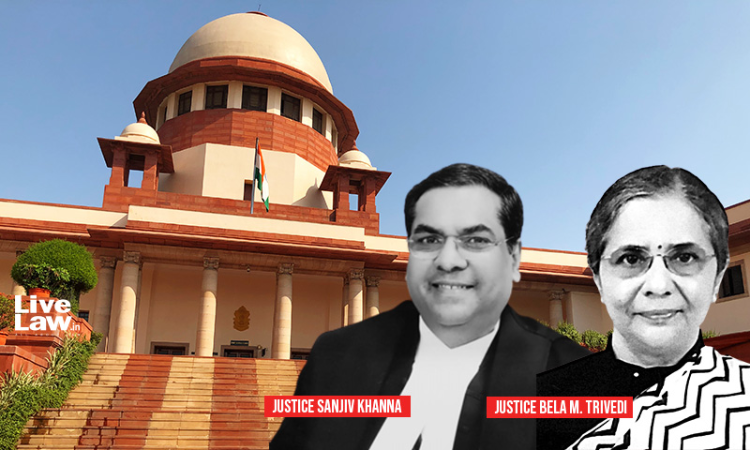Supervisory jurisdiction under Article 227 of the Constitution of India is not to correct a legal flaw when the final finding is justified or can be supported, the Supreme Court observed in a judgment delivered on Tuesday (11 Jan 2022).The bench comprising Justices Sanjiv Khanna and Bela M. Trivedi observed that the power under Article 227 is exercised sparingly in appropriate cases, like...

